Location
Our Washington Location
Our inpatient facility is located in Washington, and will serve Washington state. It will provide a safe & therapeutic environment for both our staff and patients.
- Edmonds
7416 212th St SW,
Edmonds, WA 98026
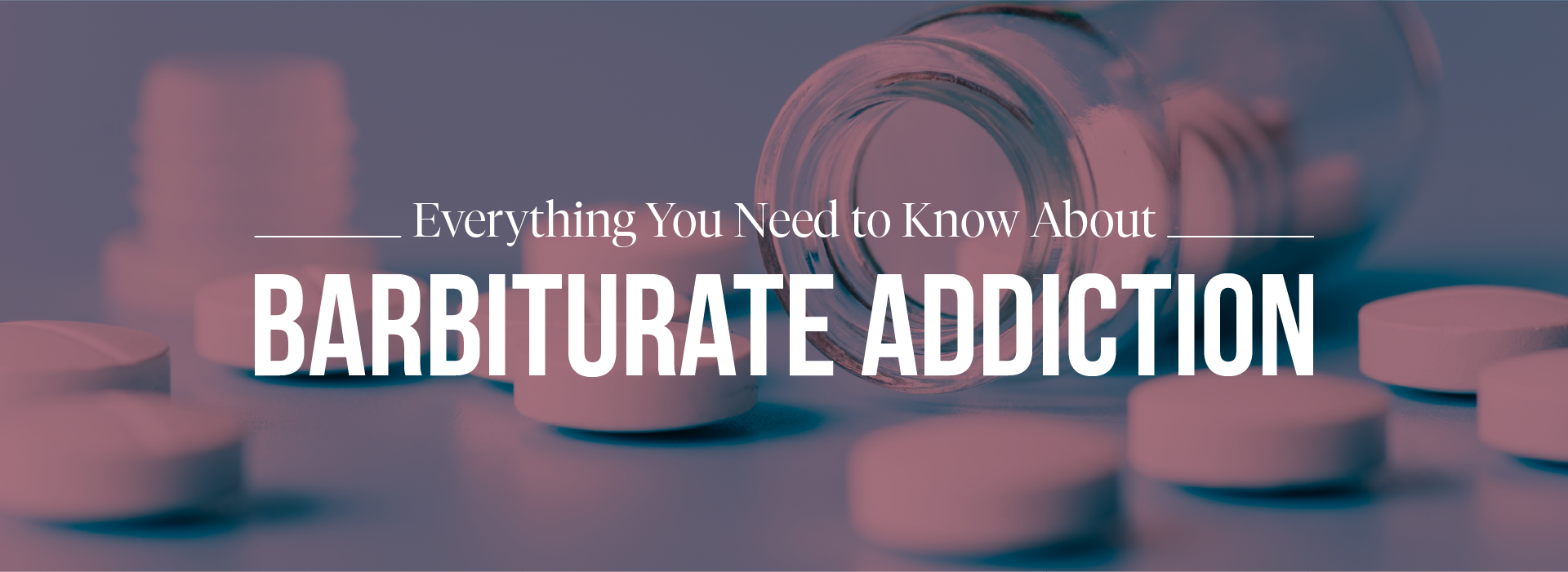
Before the discovery of benzodiazepine (benzo) medications like Xanax, doctors primarily used medicines called barbiturates to manage symptoms of anxiety and seizures. Barbiturates, commonly known as barbs, sleepers, or reds, are highly addictive and have dangerous side effects. Many people hooked on barbiturates can only find relief from their addiction at a substance abuse treatment program.
Slipping free from the chains of barbiturate addiction alone can be hazardous and challenging. Finding relief at Northpoint Washington's barbiturate addiction treatment program can set a strong foundation for a lifetime of successful recovery. Call [Direct] today to get started.
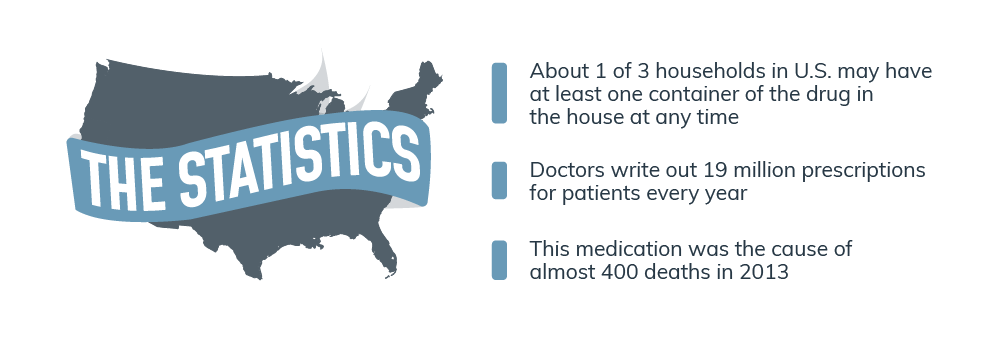
Even though benzos have widely displaced barbiturate prescriptions in the U.S., abuse of these medications remains a problem.
It's clear that the dangers of barbiturates are still present and should be noticed. Spotting the signs of substance abuse and addiction could help save a life.
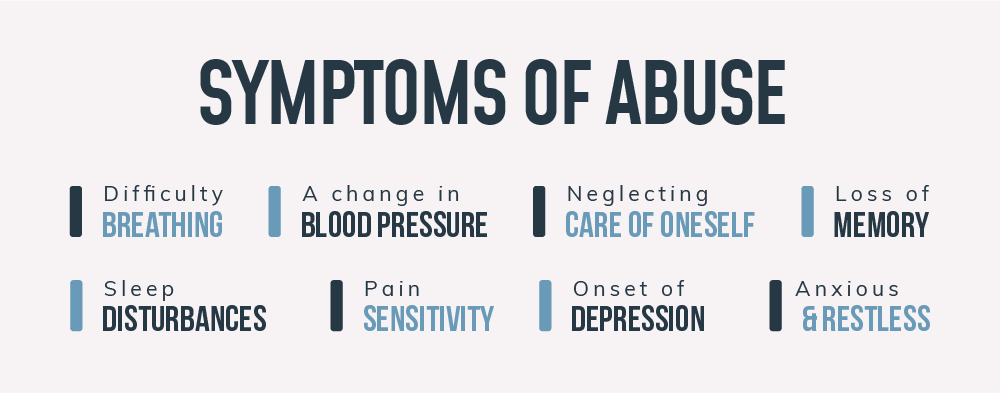
Barbiturates cause side effects like confusion, poor memory and coordination, slurred speech, depressed breathing and heartbeat, fainting spells, and coma. Some people who abuse barbiturates experience hallucinations or seizures.
In addition to the physical symptoms, many people who abuse barbiturates will also display concerning behavior like:
If you or someone you know is displaying these symptoms, it's important to get help as soon as possible. Ignoring the signs can lead to severe consequences, including death.
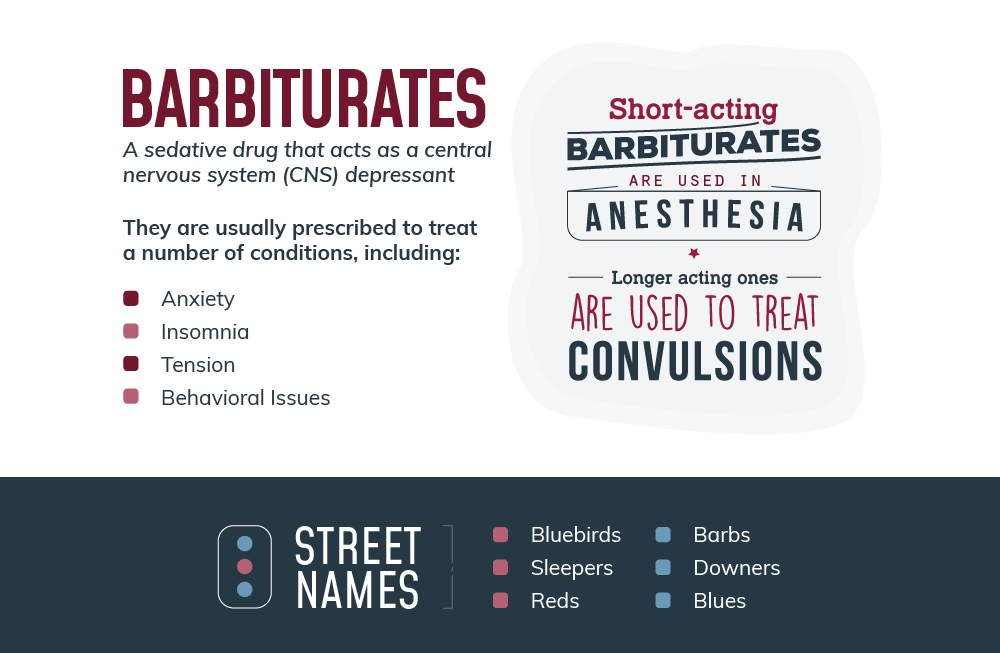
Barbiturates depress the central nervous system (CNS). The CNS is responsible for keeping the body functioning properly by controlling things like heart rate, blood pressure, and respiration. The drugs bind to the same receptors in the brain that benzos do and slow down the messages being sent between neurons. This action results in the drowsy, relaxed feeling that many people experience when they abuse barbiturates.
Even though barbiturates are not as readily available as they once were, they are still readily available. People can get them from friends or family members who have prescriptions, or they may buy them illegally. Once someone has a supply of the drug, it's easy to fall into the trap of addiction.
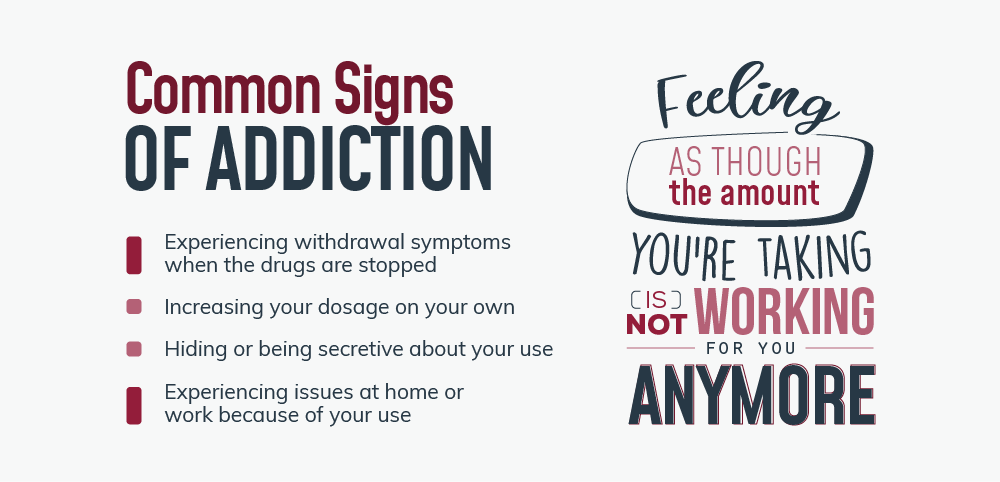
It's not always easy to tell if someone you love is addicted to barbiturates. Many people who misuse these drugs have normal appearances and lifestyles, at least on the outside. Signs of addiction can include:

One of the most difficult parts of breaking free from addiction is dealing with withdrawal. When someone stops using barbiturates, they may experience symptoms like:
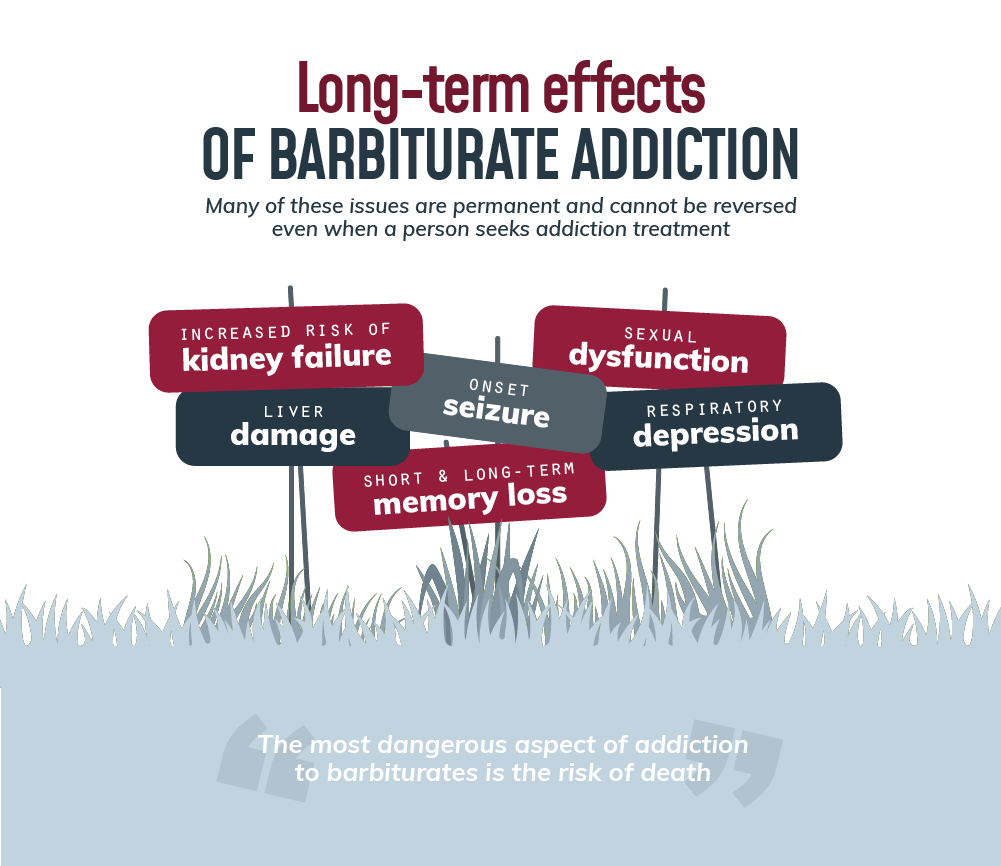
Withdrawal symptoms can be severe and even life-threatening. That's why it's so important to get help from a professional detox program when quitting barbiturates.

Finding support for barbiturate addiction is critical. At Northpoint Washington, we offer comprehensive treatment plans tailored to a person's needs. Our detox and rehabilitation programs help manage withdrawal symptoms and provide the support needed to recover.
If you or someone you love is struggling with addiction to barbiturates, contact Northpoint Washington today at [Direct] for more information about our treatment programs.

Our admissions coordinators are here to help you get started with treatment the right way. They'll verify your health insurance, help set up travel arrangements, and make sure your transition into treatment is smooth and hassle-free.
[DirectNumber] Contact Us